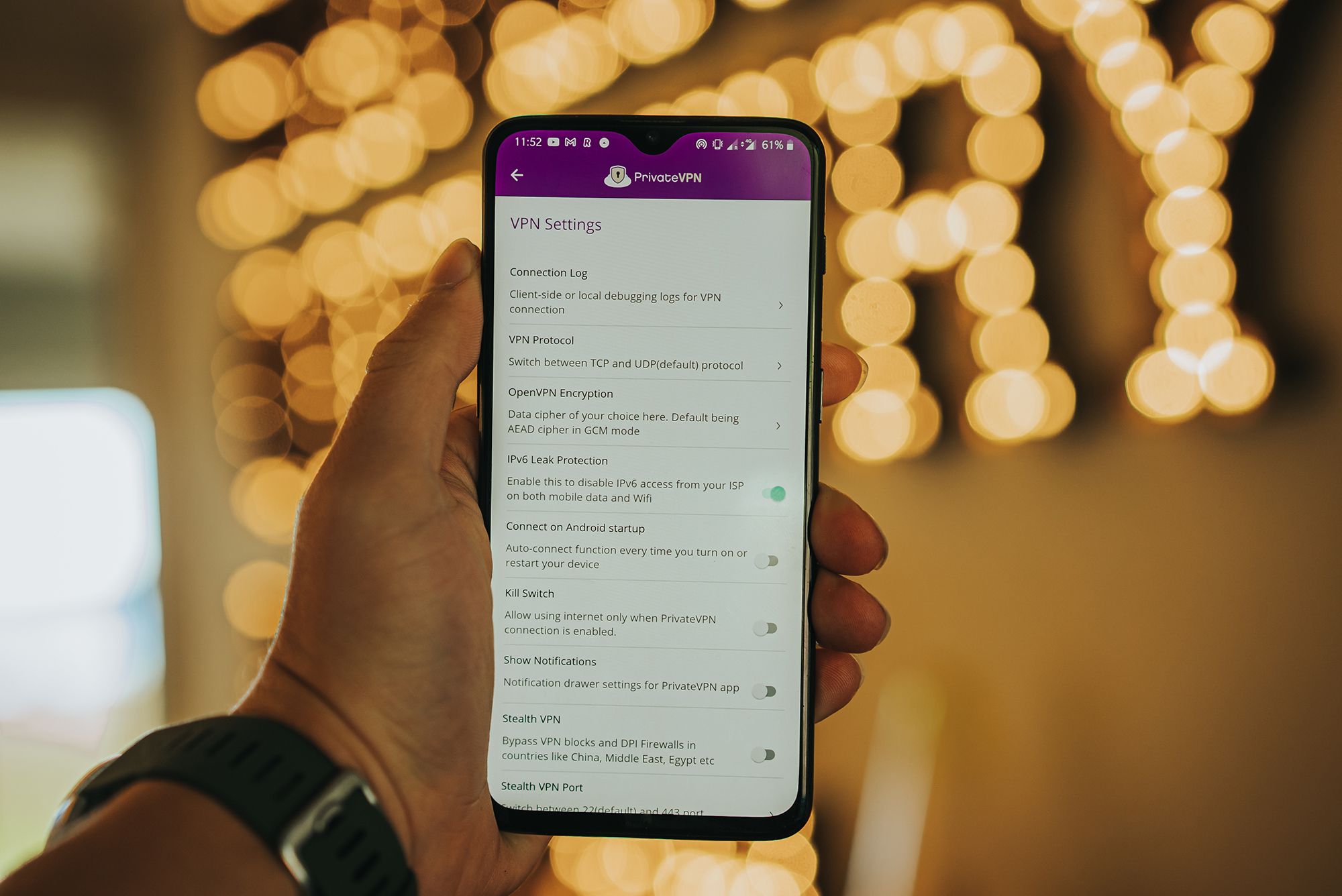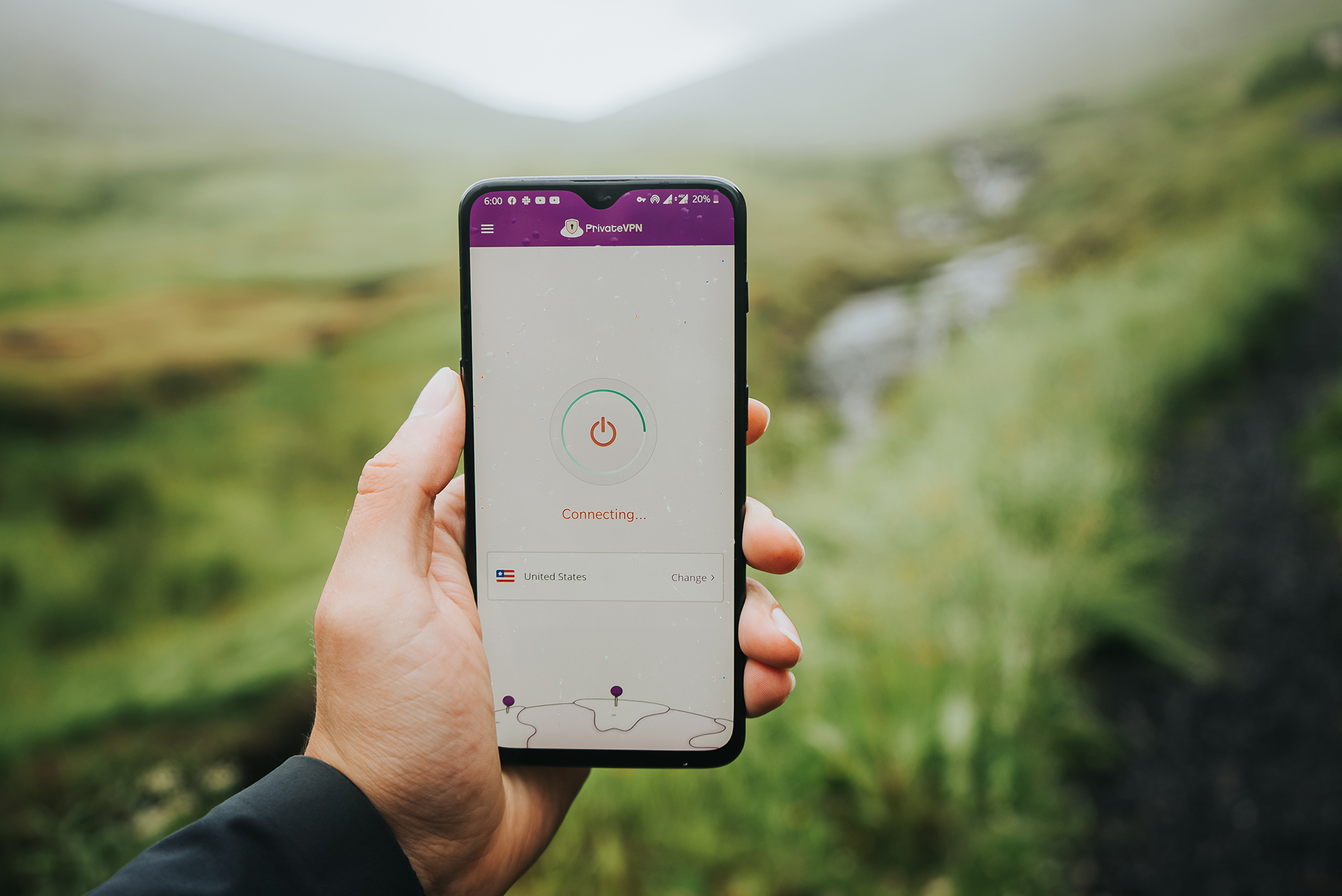Whenever reading about safety on the internet you will often be told to use a VPN, but rarely ever explained why VPN is used by many people around the world. In this guide, we go over some of the main reasons for why exactly people use VPN services.
Ready?
Chances are that you will need to use public Wi-Fi at least once this week, whether that’s because your mobile download and upload speeds are very poor wherever you are or because you don’t want to use up all of your mobile data.
Public Wi-Fi can solve both of these issues, but at a cost. Not only is your privacy at risk, but more importantly your safety.
Why? As most public Wi-Fi’s are without any passwords or poorly secured, making them super easy to hijack, even for a novice hacker. Pfft, you don’t even need to be a hacker if you search for the right things on the internet.
That means that someone in the cafe you are in could with ease, access the information that is flowing around from your device, whether that is your passwords, or worse, credit card information.
Of course, 9 out of 10 people in the cafe are not going to be up to no good, but it only takes that one user, that one time.
Once that data is obtained, it can be used for blackmailing your or even worse, released online.
That’s the first main reason why VPN is used by so many around the world. As it offers you protection when things around you fail you. In the case of PrivateVPN, PrivateVPN comes with 2048-bit Encryption with AES-256, the highest level of encryption available on the market, to make sure that you are secure as possible when accessing public Wi-Fi.

What does that mean? That as your data is being transmitted from your laptop or phone, and vice versa, that it is encrypted, meaning it’s safe.
Whether it’s your internet provider, neighbor, hacker, or the government, traditionally speaking, when you use the internet, you aren’t well protected.
VPN services? They allow you to stay anonymous, via several ways.
One of them? Via IP change.
Would you give every person you interact with your home address? This is essentially what you are doing when you use the internet. Almost every action you take is linked to your IP address.
With a VPN? You allow yourself to stay anonymous by masking your IP address.
That means that people won’t be able to access what you are up to on in the internet.
Especially when it’s combined with the likes of 2048-bit Encryption (which PrivateVPN offers) to protect your data as it’s going from your device to its point of destination and vice versa.
...But there is a catch to that.
Not all VPN services are truly anonymous.
Over the years there have been many VPN services claiming that they don’t keep logs, only for that to turn out not to be true.
The biggest risk comes with free VPN services. That’s because no company is a charity and everything costs. When it comes to free services, that cost is often privacy.
A few years ago, Facebook’s spy VPN service Onavo made huge headlines over-collecting data, completely opposite of what a VPN service is meant to do, and then, eventually, Facebook shut the platform down.
Most recently, not specifically a VPN, but a privacy-based email company, ProtonMail, deleted its “we don’t log your IP” after it provided data of a user to authorities. But that’s also why it’s important to read the privacy policy of a service. ProtonMail stated that it can see see the IP address an email is sent from.
PrivateVPN? Read our privacy policy. It’s explained in an easy-to-understand way. PrivateVPN does also comes with some extra safety features. For one it offers IPv6 Leak Protection and a Killswitch feature to protect you in case your connection dies.
The way VPN services work is that they allow you to connect to many different connections across the world. With PrivateVPN you can go around the world in just a few clicks, whether you want to be in Argentina, the US, Sweden, Australia, or one of the many other locations we have servers in. And that means that you can on paper look like you are in the US to access something that your government either censors or that is not available in your country for silly reasons.

For example, a lot of US online newspaper sites don’t work in the EU because they don’t follow GDPR laws, even though we are already in 2021.
One of the reasons why a VPN is used is to bypass such blocks, by making it look like you are in the right spot.
That way you can use for example read that newspaper that doesn’t work in the EU. Of course, if it’s not working in the EU, it probably means that the website is collecting too much data which is a different concern altogether, but unblocking sites is one of the reasons people use VPN services.
Almost all internet providers utilize internet throttling. What does that mean? It means intentional slowing down of your internet to regulate network traffic and minimize bandwidth congestion. This was seen on a large scale in 2020 when lockdowns started happening and people were at home. Even though the world was not reaching near its internet potential, internet throttling was introduced to minimize potential bandwidth congestion, meaning that you got much slower internet speeds.
On a smaller scale, you might have noticed that your internet speeds differ a lot depending on the time of the day or on different websites.
How does internet throttling work in most cases?
If your provider sees that you are for example watching YouTube or Netflix, it might flag that as a “bandwidth congestion activity” and thus activate internet throttling.
Under net neutrality, all internet traffic should get equal treatment, but like with many things in the world, that’s often not the case.
By using a VPN, your provider isn’t able to see what you are doing, and thus, isn’t going to implement such strategies. Another reason why VPN services are used so widely.
VPN services are used for torrenting as they can allow you to simply download things much faster.
What exactly is torrenting? It allows for peer-to-peer sharing of files.
Is it legal? 100%. What’s not legal is if you are downloading illegal content when torrenting. That is not legal and we do not encourage using this service for such things.
...If you are using torrenting legally though, with a VPN, you can get much faster torrenting speeds.
Internet freedom doesn’t apply everywhere. There are many countries out there that offer limited censored internet access.
For example in China, most websites from the US or Europe do not work.
In countries with censorship, people use VPN services to make things that should work and don’t, work.
But it’s not quite as simple as that when it comes to government censorship.
You need to have an extra feature enabled, which many VPNs don’t offer, and well, you need to be okay with slower speeds because this feature slows things down a little it. In exchange for being able to use things that otherwise would not work with a VPN.
It’s called Stealth VPN and you can activate it in the menu of your PrivateVPN app.
There’s a lot of reasons for why people use VPN services all over the world, but they all ultimately go back to privacy, whether it’s having faster internet by having privacy and your provider not knowing if you are on Netflix or not, or whether it’s for staying safe when using public Wi-Fi.
Found this guide useful? Try out PrivateVPN, and if you need any help, reach out to our award-winning customer service
Written by Michael Smolski.